The domestic cat: a cuddly killer
Beneath its cuddly exterior, the domestic cat is a formidable predator. Ten thousand years of domestication have not changed its hunting capabilities, and its impact on populations of birds and small mammals is phenomenal. Can we prevent the harm that kitties do to the small creatures that add so much liveliness to our gardens and woods?
Sharp claws, each buried in a sheath that keeps it sharp; pointed teeth that pierce the neck of small prey; springy pads, to move silently; acute vision; sensitive hearing; ability to run fast … the cat has the arsenal of the perfect predator. When outdoors, even a well fed cat can’t resist the appeal of a bird, shrew or mouse and will try to catch it.
Its hunting instinct induces it to build food reserves. When kitty proudly brings you the results of its hunt, you should know that it simply wants to keep the family pantry stocked.
According to a survey done in 2017, 33 per cent of Québec households have at least one cat, so there are approximately two million domestic cats in Québec, plus the homeless cats living in the wild. It is estimated that at least half of the house-cats hunt when they’re outdoors and that each hunter kills about 30 prey a year. A homeless or feral cat captures more than 1000 prey.
According to Environment Canada, cats kill more than 134 million birds annually across Canada, plus millions of small mammals. To prevent this slaughter, keep your cat indoors or attach it when it is outdoors. If you let it go outside alone, equip it with a bell or visible collar to reduce its hunting success. Don’t let it go outdoors after dark, when birds are at their most vulnerable.
Make sure to have your animal neutered to avoid unwanted kittens and never abandon your animal into the wild: take it to a shelter, where they can find it a new home. Be aware, too, that a cat kept indoors can live as much as six times longer than a homeless or wandering cat.
More from this author by clicking on his photo below.


Jacques Prescott131 Posts
Jacques Prescott est biologiste, professeur associé à la Chaire en éco-conseil de l’Université du Québec à Chicoutimi. Spécialiste de la biodiversité et du développement durable, il est l’auteur de nombreux livres et articles sur la faune et la conservation de la nature. Il nous fait l’honneur de rejoindre notre équipe de collaborateurs et signera chaque mois une chronique intitulée Faune et flore. / Jacques Prescott is a biologist, associate professor with the Chair in Eco-Counselling of the Université du Québec à Chicoutimi. A specialist in biodiversity and sustainable development, he is the author of numerous books and articles about wildlife and nature conservation. He has honoured us by joining our team of contributors and will write a monthly column entitled Wildlife and Habitat.
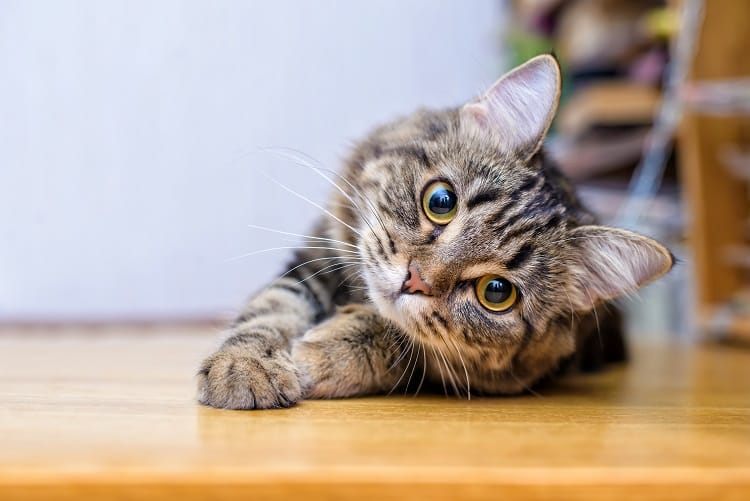


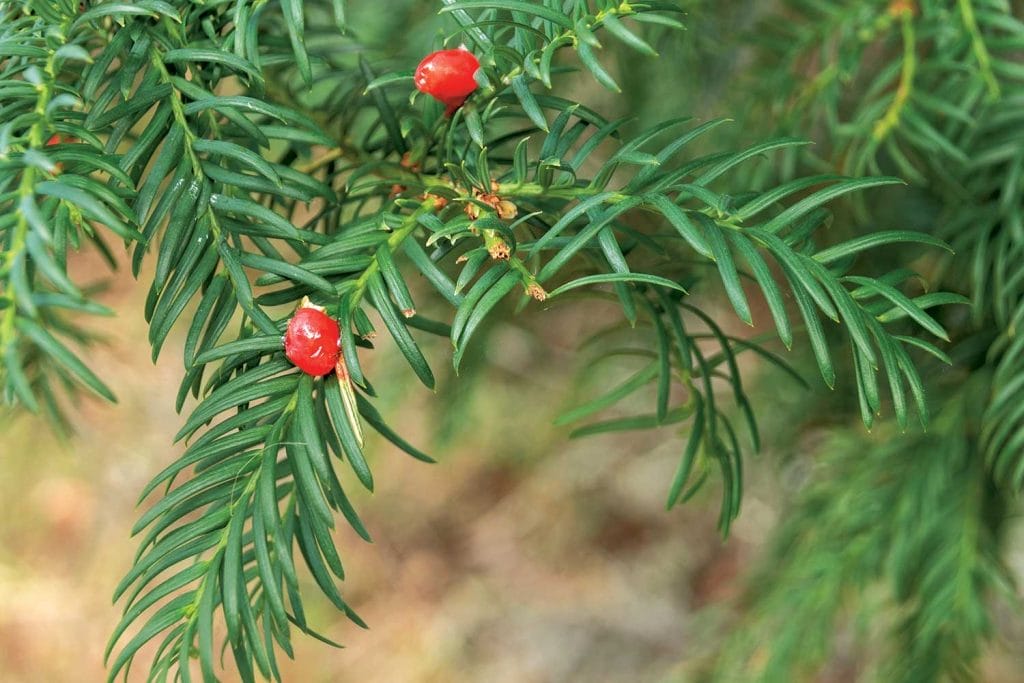
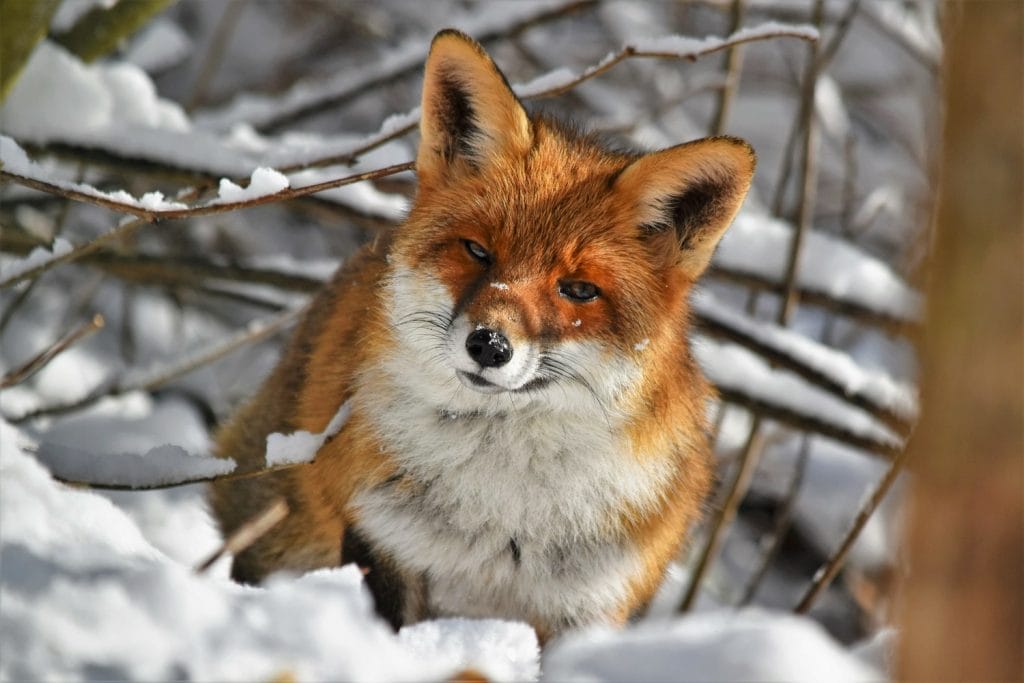
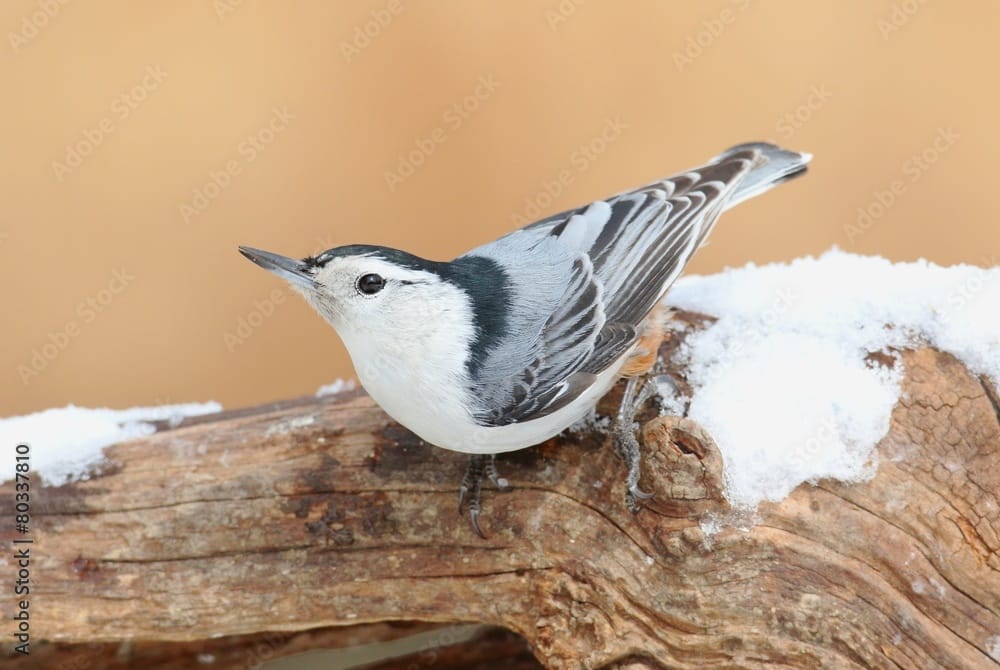
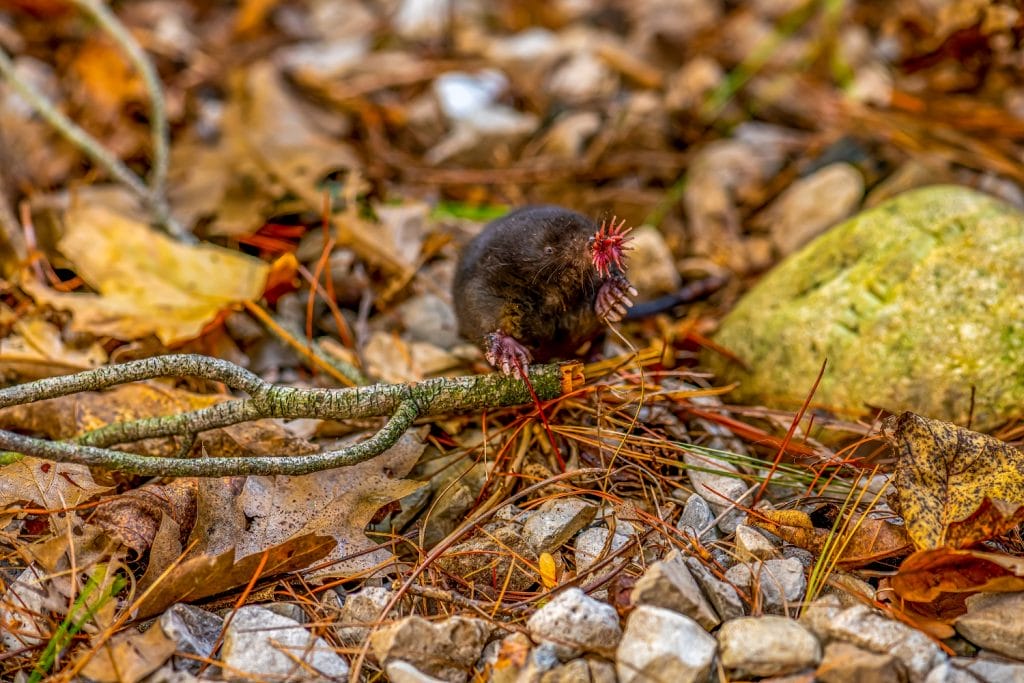





0 Comments